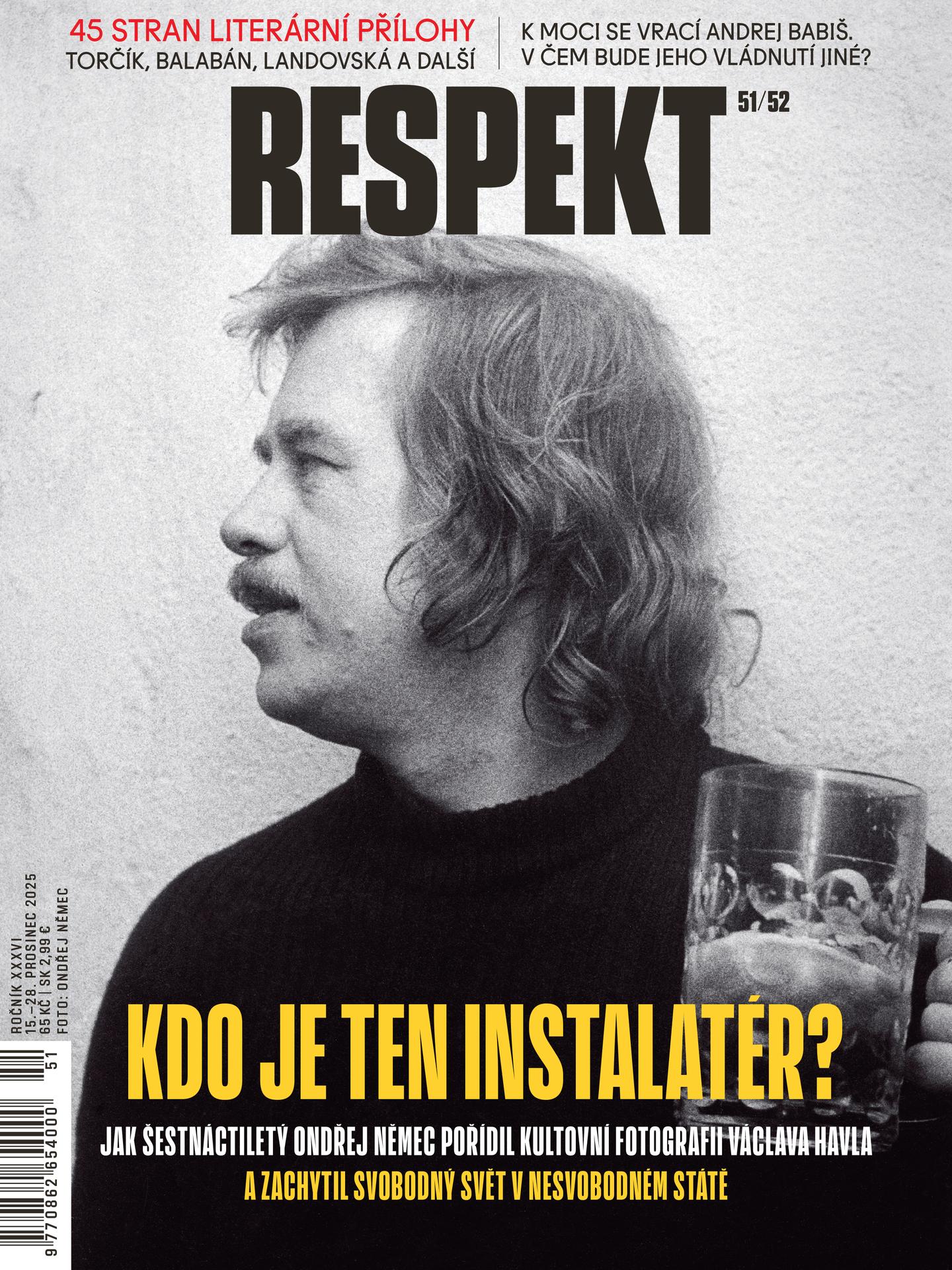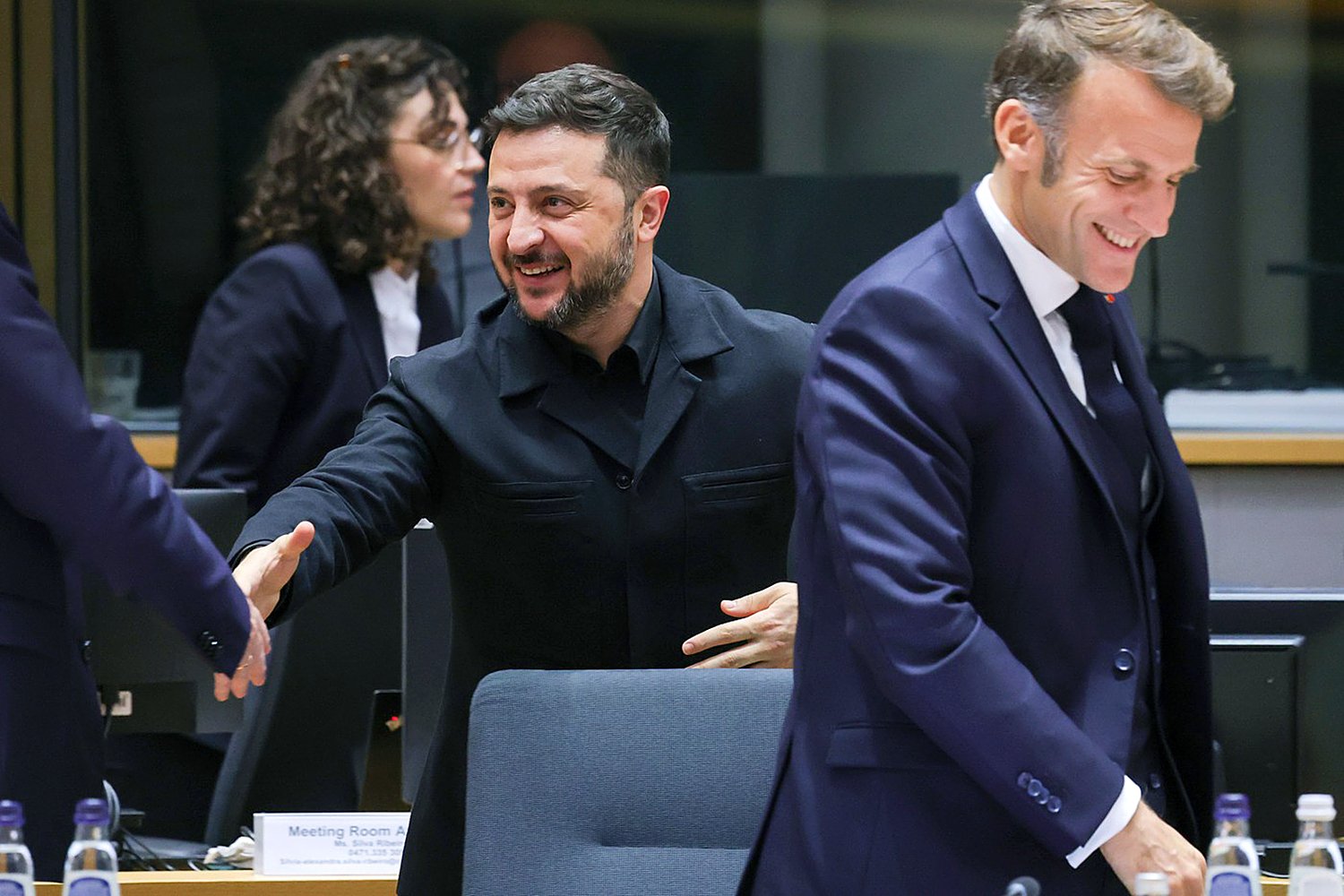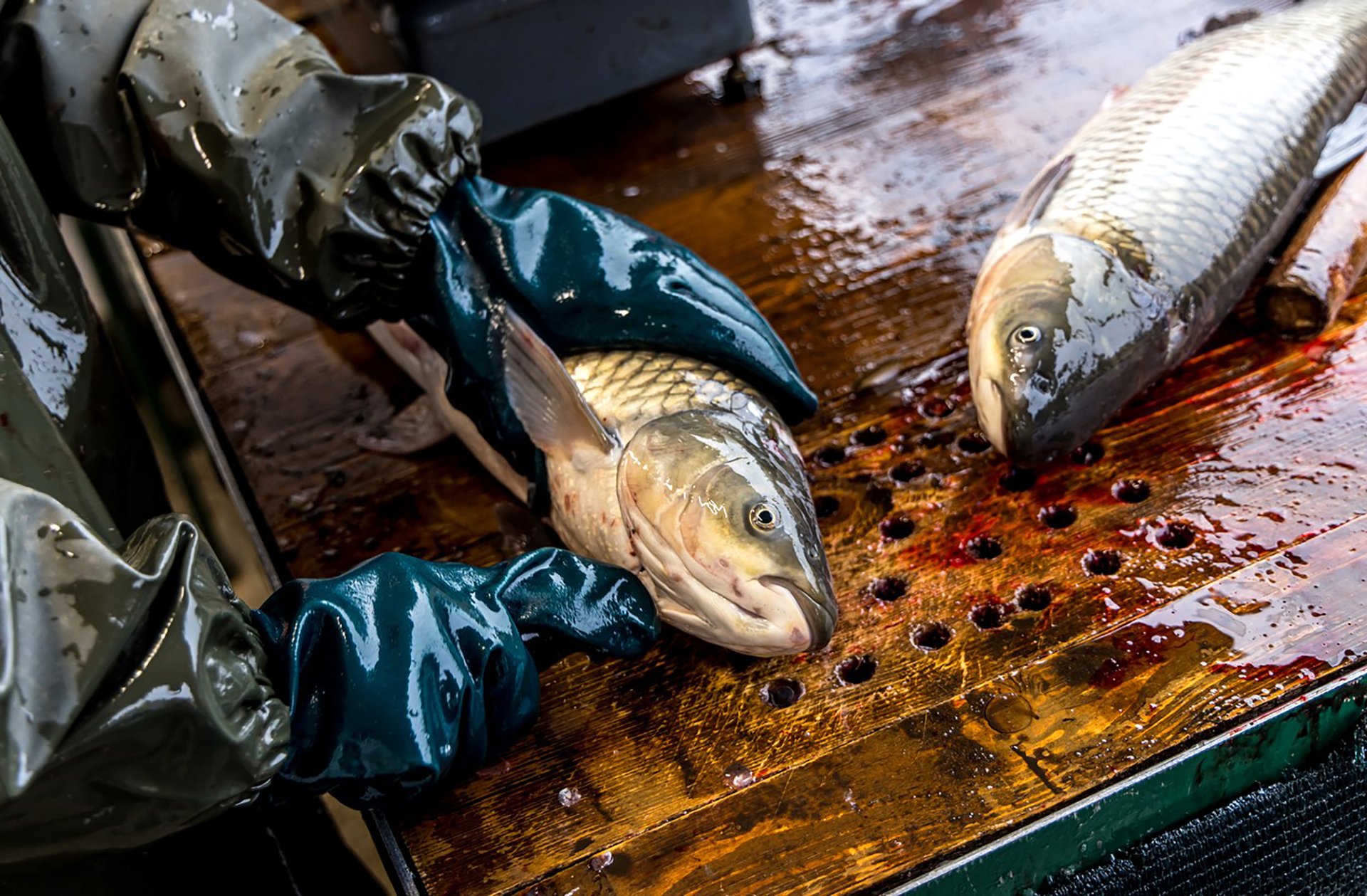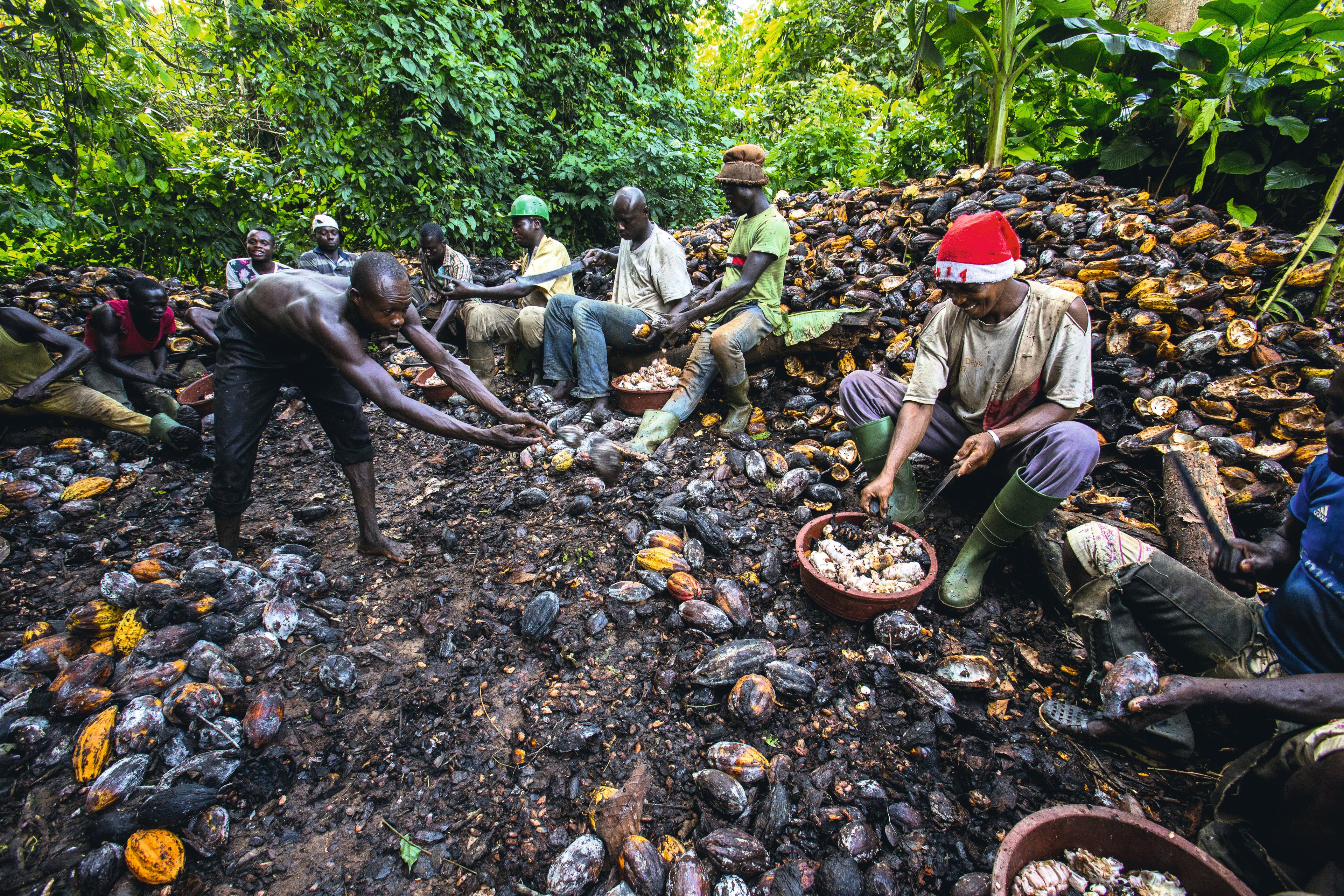The fall of the incorruptible Ľubomír Galko
In seeking to tackle corruption by means of illegal wiretaps, the disgraced former defense minister violated the very democratic principles he wanted to defend. And his case has further undermined Slovaks' confidence in politicians as well the press.

If Slovak Defence Minister Lubomir Galko had studied the history of democracy better, he might have been able to avoid his fate.
But history does not excuse ignorance, and so Galko was dismissed last week by Prime Minister Iveta Radičová for violating “principles of law and democracy”. The scandal is now shaking Slovakia, with devastating effects on the entire society.


The uproar started last Monday with reports in the Slovak daily Pravda and Nový čas that the Military Defence Intelligence service, which conducts counterintelligence, was wiretapping journalists. Transcripts of intercepted phone calls with piquant details began to circulate in the media.
Gradually it emerged that the calls tapped into were from ministry officials themselves, and that military intelligence had apparently even set up a file code-named “Lady” on the Prime Minister.
Galko remains firmly convinced
How could such a massive abuse of power have happened in a democratic system? Galko himself offered an explanation: his secret service was merely fighting against corruption, and what he was facing was “a perverted” Hydra of corruption, which he struggled against with all his strength.
When the Prime Minister explained to him, however, that the Secret Service has no investigative powers, since these are held only by the police, and that to eavesdrop on journalists is unacceptable, he apparently failed to understand her drift.
Galko remains firmly convinced that his fight against corruption is so sacred that it was his duty not to restrain it by any written or unwritten rules.
The scandal has blown up to huge proportions, politicians are taking turns on a treadmill of press conferences, the media and social networks are abuzz with heated debate, and the chief editors of the five national dailies have issued a joint declaration defending the independence of the media.
Only two political parties have not joined in the chorus condemning the wiretapping of journalists: Jan Slota of the SNS, famous for his contempt for democracy and the media, and the liberal Freedom and Solidarity (SaS) Party, of which Galko is Vice-Chair.
Failure of democratic mechanisms
Minister Galko’s story suggests that the fight against corruption can sometimes be just as dangerous to democracy as corruption itself. Lubomir Galko was, at first, a hero to most of the media.
A fragile-looking man fearlessly decided that he would chop away at the octopus of corruption and its army of tentacles, and he regularly announced his revelations at press conferences. His struggle gradually failed, and as heir to all his revolutionary predecessors he began to be convinced that the networks of corruption and the plots against him took in everyone (…) – including the media.
When in March he asked the Prime Minister to strengthen the legal powers of the secret services and she turned him down, he apparently decided to act on his own.
The file is already in the hands of prosecutors and the police, and politicians are thinking aloud about new ways to monitor the secret services. The story may, in the end, become a good opportunity for society to learn from the failure of democratic mechanisms.
Low confidence in media
The damage inflicted by Minister Galko, however, is nonetheless vast. The ethos of the fight against corruption has been wounded. The politicians of the old guard, who are up to their necks in a web of corruption, look like a solid gang of democrats next to Galko.
Journalists, who were Galko’s main victims, will have to endure transcripts of their telephone conversations circulating on Facebook (and competing media). It must be said that the content is sometimes unflattering to them.
The generally low confidence in the independence of the media is taking another hit, and a confusion in values is growing. In an Internet poll by the daily SME, for example, most readers were inclined to think that Galko shouldn’t be fired.
How the scandal impacts the elections in March next year is difficult to judge. Even if SaS does get in Parliament, it’s likely to be shunned, as all the political parties have been declaring for a long while now that they will not invite it into any coalition because of its eurosceptic attitudes (it blocked the first vote on EFSF). After the wiretapping scandal, this attitude will only be all the more firmly entrenched.
Translated by Anton Baer for
.
Pokud jste v článku našli chybu, napište nám prosím na [email protected].










